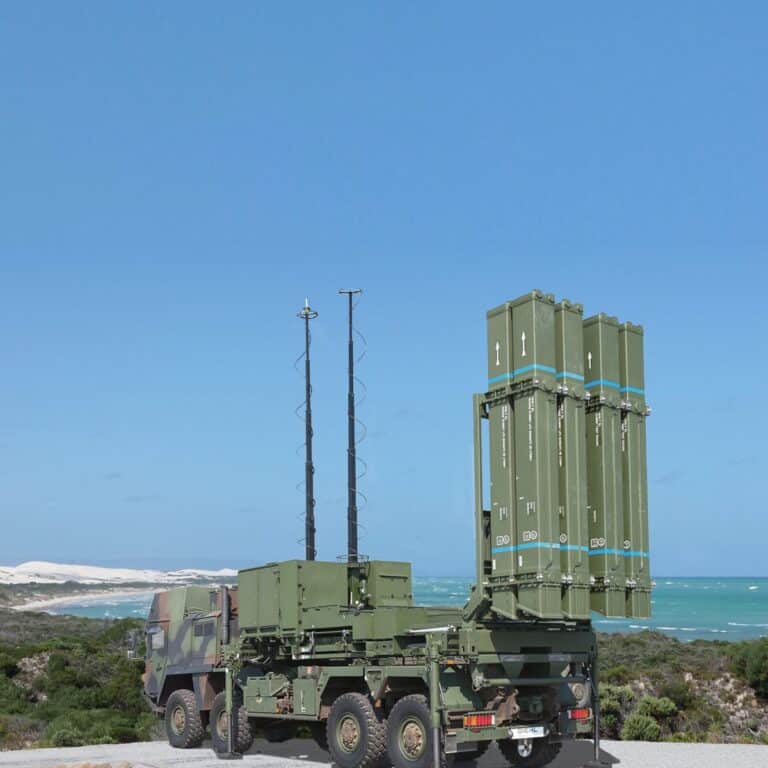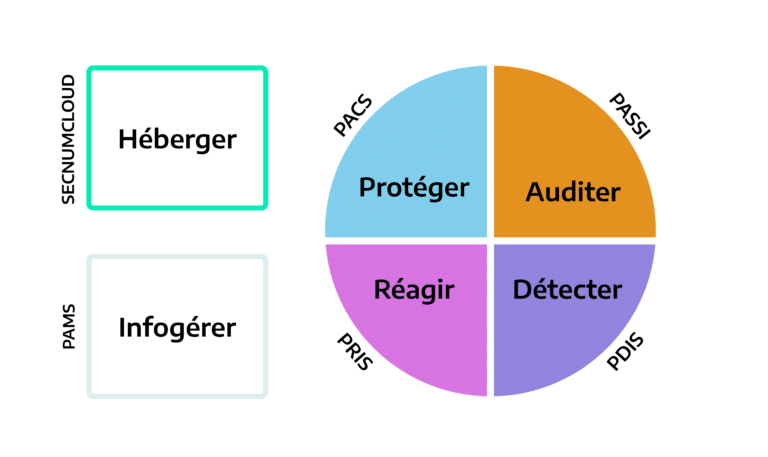In a sector as dynamic and competitive as aeronautics, becoming a exceptional engineer requires a adapted training which combines theory and practice. To stand out, it is crucial to follow a training course. Bac+5 level, whether within a specialized school or through a university recognized in the field. THE aeronautics studies are demanding, but they offer a real opportunity to shape the future of air transport and space. Thanks to a structured course combining practical internships and in-depth knowledge, you will be able to develop key skills to meet the technological challenges of tomorrow.

To aspire to become a aeronautical engineer exceptional, it is essential to follow a specific and adapted educational path. This path, through rigorous studies and targeted training, allows you to acquire the skills necessary to excel in this dynamic field. This article explores the key steps and study choices that will lead you to a successful career as an aeronautical engineer.
Table des matières
ToggleAcademic prerequisites to become an aeronautical engineer
The first step towards a career in aeronautics often begins with a solid academic education. A scientific baccalaureate is highly recommended, as it provides the necessary foundations in mathematics, physics and engineering sciences. These disciplines are essential because they are often at the heart of engineering study programs. From there, you will need to consider joining a specialized school in order to obtain a engineering degree or a master.
Choosing the right engineering school
Joining a recognized engineering school is crucial to becoming an exceptional engineer. Establishments such as theIPSA And Aerospace ELISA stand out for their programs adapted to aeronautics and aerospace. These schools offer a preparatory cycle of two years followed by a three-year engineering training, providing a practical and theoretical approach anchored in the real world of aircraft and space technologies.
Specializations and essential skills
During your training, it is essential to specialize in an area that you are passionate about. Specializations may include , electronics, or even energy. These specializations allow future engineers to acquire precise technical skills, essential to meeting the modern challenges of the aeronautics industry. In addition, summer programs or company internships, such as those offered by Dassault Aviation Or Tales, provide valuable hands-on experience that will allow you to apply your knowledge.
The importance of internships and practical experience
Gaining practical experience is a fundamental aspect of an aeronautical engineer’s journey. Internships in companies, whether within Airbus Group or in other leading companies, are essential not only to strengthen your skills, but also to develop a professional network. These experiences allow you to immerse yourself in the real world, apply your theoretical knowledge and gain real-world insight into the daily challenges faced by aeronautical engineers.
Continuing training and development
In a field as evolving as aeronautics, it is crucial to stay up to date. Continuing training, lasting three to five weeks, allows you to strengthen your skills in specific areas or to keep up with the latest technological innovations. These courses, often recognized with professional certificates, ensure you stay at the top of your profession and in tune with developments in the industry.
Career and development prospects
By becoming an aeronautical engineer, various career prospects open up to you. Whether in the civil or military sector, the opportunities are vast and often very promising. Aeronautical engineers can advance to positions of responsibility, oversee large-scale projects or even specialize in the research and development of new technologies. Additionally, the salary for an entry-level engineer in the field is competitive, reflecting the technical skills and expertise required.






















